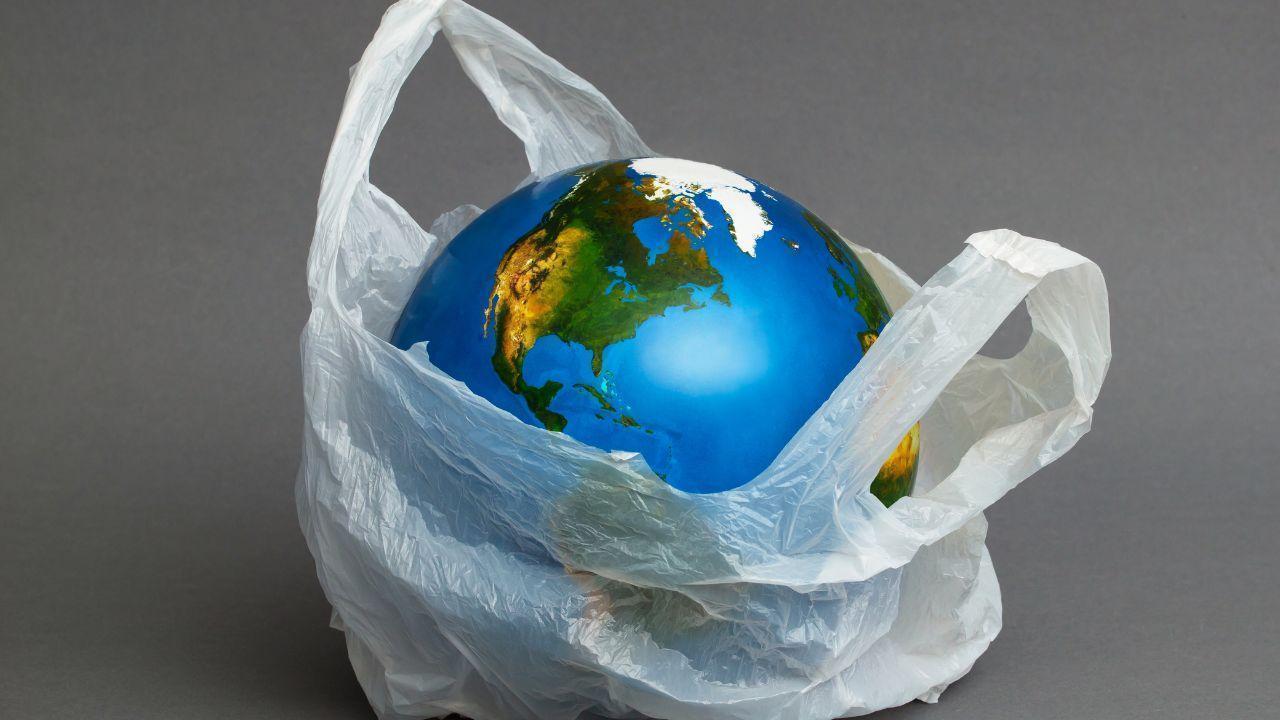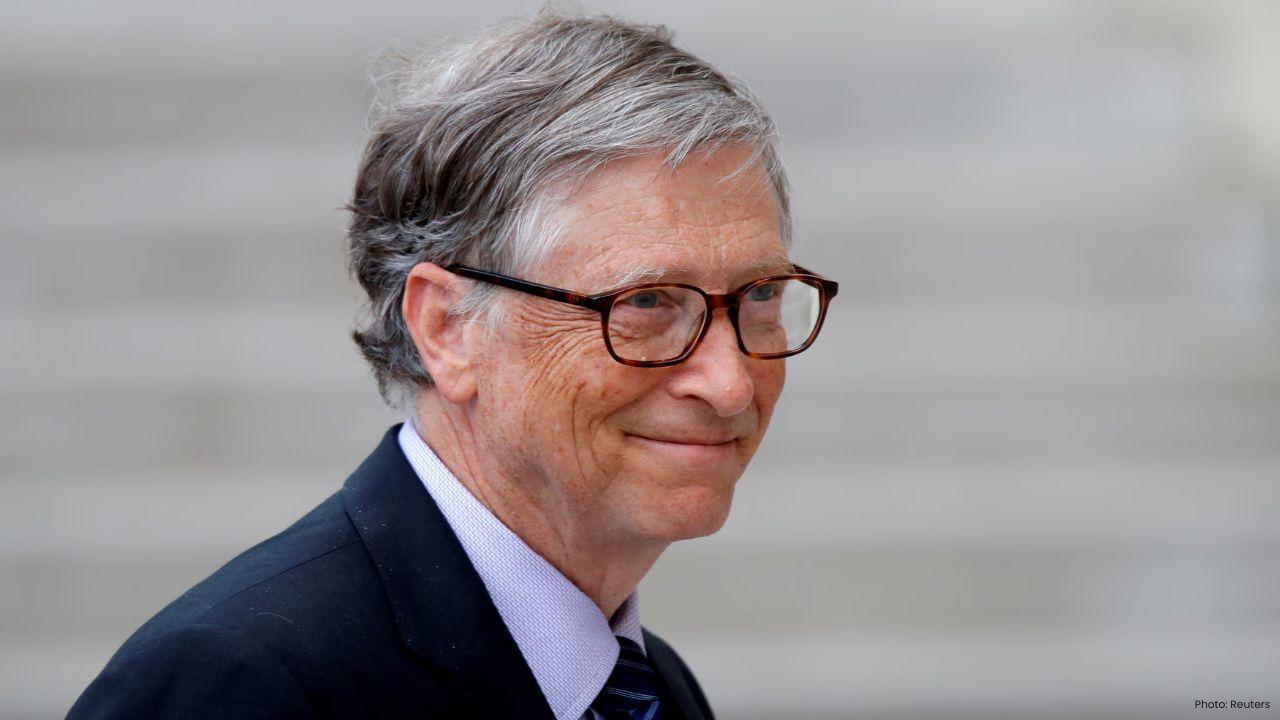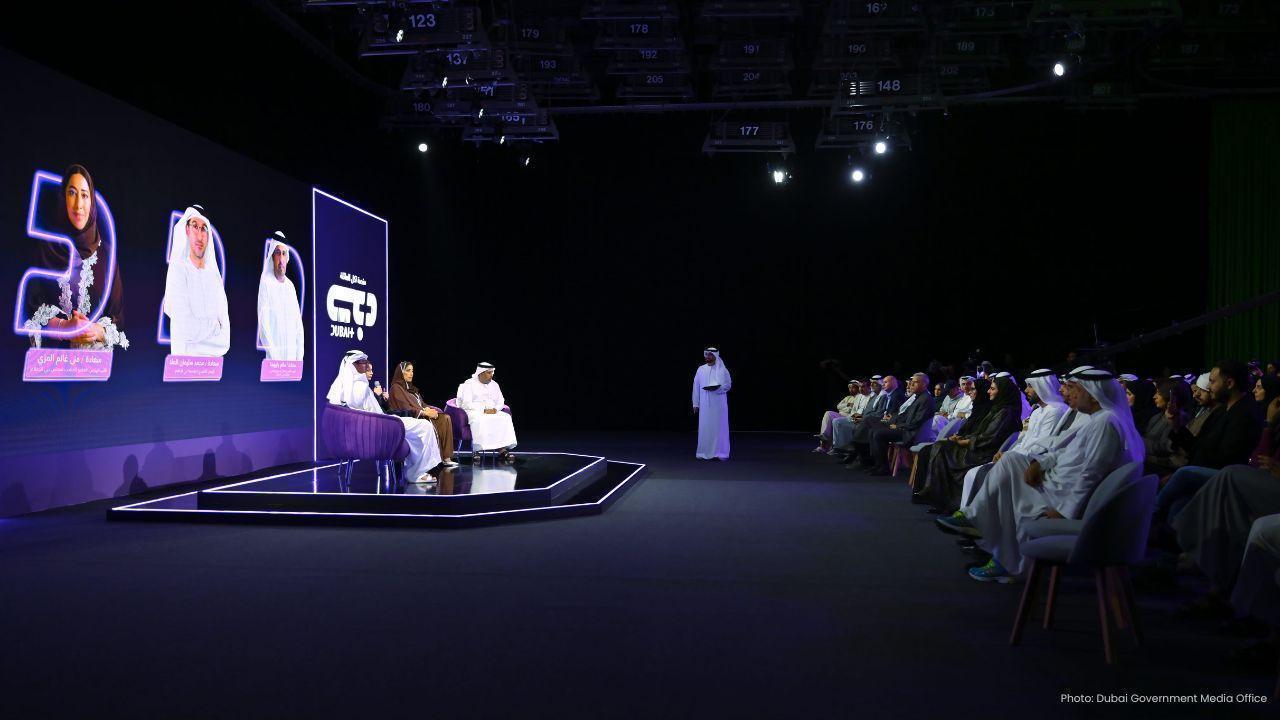
Post by : Vansh Kumar
The world today stands at a critical crossroads where human actions have significantly altered the natural balance of our environment. Pollution has become one of the most pressing global issues of the 21st century, affecting not only ecosystems but also the health and survival of every living being. However, the shift from pollution to solution is not just a dream—it is an achievable reality if individuals, governments, and organizations unite with a shared vision of protecting the planet.
The environmental crisis we face today is a direct consequence of decades of unchecked industrialization, deforestation, overconsumption, and reliance on fossil fuels. Air pollution suffocates cities, water bodies are contaminated with plastics and chemicals, and soil degradation threatens food security. Rising global temperatures and melting glaciers provide undeniable evidence of climate change. If left unaddressed, these challenges could cause irreversible damage to the planet.
But every crisis brings an opportunity for transformation. The urgency of the situation has sparked a growing awareness, pushing people and governments to seek out sustainable solutions that could lead to a healthier future.
Awareness is the first step toward progress, but action is what drives change. Around the world, many communities are taking bold steps to combat pollution and reverse environmental damage. Green innovations, eco-friendly technologies, and grassroots initiatives are redefining how humans interact with the Earth.
For example, renewable energy sources like solar and wind power have emerged as viable alternatives to fossil fuels, significantly reducing carbon emissions. Additionally, waste management programs focusing on recycling and upcycling are helping cities cut down on landfill overflows. These actions showcase how solutions can stem from both large-scale policies and individual choices.
Technology, once a major driver of industrial pollution, is now becoming one of the strongest allies in solving the environmental crisis. Smart innovations such as electric vehicles, biodegradable packaging, and AI-powered systems for energy efficiency are paving the way for a cleaner tomorrow.
For instance, AI can analyze data on weather patterns, water quality, and energy usage to help policymakers make informed decisions. Similarly, carbon capture technologies are being developed to trap and store harmful emissions before they reach the atmosphere. These advancements indicate that humanity can shift from being the cause of the crisis to becoming the creator of sustainable solutions.
While governments and corporations hold significant responsibility, individuals also play a vital role in moving from pollution to solution. Simple lifestyle changes, such as reducing plastic use, conserving water, planting trees, or adopting a zero-waste lifestyle, can collectively bring about substantial impact.
Communities across the globe have already demonstrated how local action can ripple into global change. From beach cleanups to urban farming, these initiatives remind us that the fight against pollution is not limited to policymakers—it is a shared responsibility.
No transformation is possible without strong policies and international cooperation. Governments must enforce stricter regulations to control emissions, protect forests, and preserve biodiversity. Agreements like the Paris Climate Accord highlight how global collaboration can create a roadmap for environmental progress.
Moreover, sustainable development goals (SDGs) have outlined a clear vision for balancing economic growth with environmental stewardship. Countries that integrate green policies into their development strategies will be better positioned to overcome the current crisis while building resilient futures.
Education plays a crucial role in shifting from pollution to solution. By integrating environmental studies into school curricula, we can empower younger generations with the knowledge and skills necessary to protect the planet. Awareness campaigns, eco-literacy programs, and sustainability workshops also foster a sense of responsibility among people of all ages.
When individuals understand the consequences of their actions, they are more likely to adopt eco-friendly habits, advocate for policy change, and support organizations dedicated to environmental protection.
Across the world, inspiring stories of transformation give us hope. Cities like Copenhagen are setting global standards with their renewable energy models, aiming to become carbon-neutral. Countries like Costa Rica are showing the power of reforestation and renewable energy, successfully running on nearly 100% renewable power. Even small communities are achieving success through localized initiatives like rainwater harvesting, organic farming, and clean energy adoption.
These stories illustrate that moving from pollution to solution is not just possible but already happening. They inspire other regions to follow suit and prove that sustainable living is within reach.
Transforming the global environmental crisis requires urgent action, shared responsibility, and unwavering commitment. While challenges may seem overwhelming, the path to a solution begins with one step—choosing to live consciously and act responsibly.
The journey from pollution to solution is about reimagining the way we live, consume, and interact with the natural world. Each choice we make contributes to either healing or harming the planet. If humanity can embrace sustainable living, enforce strict policies, and innovate with technology, the vision of a cleaner, healthier, and sustainable Earth is not just a possibility—it is a promise.
The information presented in this article is intended for general awareness and educational purposes only. While every effort has been made to ensure accuracy and reliability, readers are encouraged to verify facts and consider multiple perspectives before making decisions related to environmental practices. The views expressed do not necessarily represent those of any organization or authority. GCC news network is not liable for any direct or indirect consequences arising from the use of the information provided.










Mattel Revives Masters of the Universe Toys Ahead of Film Launch
Mattel reintroduces Masters of the Universe action figures in sync with a new movie, reigniting pass

China Carries Out Executions of 11 Ming Family Members for Myanmar Scams
China has executed 11 Ming family members for orchestrating extensive scams and illegal gambling ope

US Issues Urgent Warning to Iran Amid Military Buildup in Gulf Region
As US military presence increases, Trump urges Iran to negotiate on nuclear program and warns of str

Copper Prices Reach Historical Heights Amid Global Metal Surge
Copper prices peak as geopolitical issues and a weak dollar fuel demand, initiating a sweeping rise

New Zealand Claims Victory Over India by 50 Runs in T20 Match
New Zealand defeated India by 50 runs in the fourth T20I, keeping their hopes alive in the series de

BTS Tour Demand Surges: Mexico Requests More Concerts
Mexico's President seeks more BTS concerts due to overwhelming ticket demand as fans rush to secure